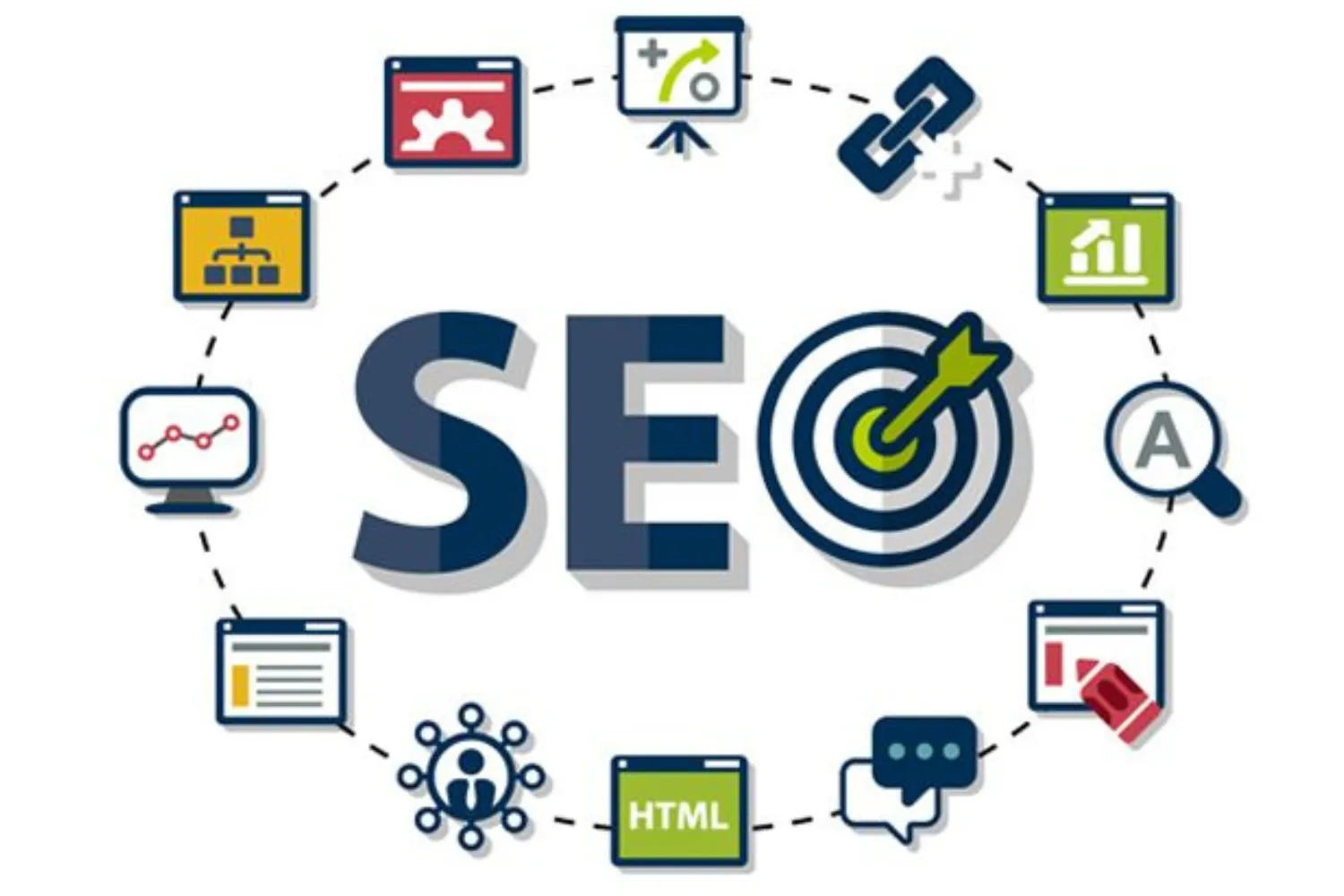Generic advertising approaches simply don’t cut it anymore. Smart property professionals are turning to targeted property advertising to reach the right buyers at the right time, maximizing their marketing budget while significantly improving conversion rates.
What is Targeted Property Advertising?
Targeted property advertising is a strategic marketing approach that focuses your promotional efforts on specific demographic groups, geographic areas, or buyer personas most likely to be interested in your properties. Instead of casting a wide net and hoping for the best, this precision marketing technique uses data analytics and buyer behavior insights to deliver your property listings directly to qualified prospects.
This approach transforms traditional real estate marketing from a numbers game into a strategic, results-driven process that delivers measurable returns on investment.
Key Benefits of Targeted Real Estate Marketing
Enhanced Lead Quality
When you focus your advertising efforts on specific buyer segments, you’re not just generating more leads – you’re attracting higher-quality prospects who are genuinely interested in what you’re offering. This targeted approach means spending less time sorting through unqualified inquiries and more time closing deals.
Improved Cost Efficiency
Digital advertising platforms like Facebook Ads, Google Ads, and specialized real estate marketing tools allow you to set precise targeting parameters. This precision means your advertising budget goes toward reaching people who are actively searching for properties like yours, rather than being wasted on uninterested audiences.
Faster Sales Cycles
Targeted property campaigns typically result in shorter time-to-sale because you’re connecting with buyers who already match your ideal customer profile. These prospects often move more quickly through the decision-making process since your property aligns with their specific needs and preferences.
Essential Targeting Strategies for Property Advertising
Geographic Targeting and Location-Based Marketing
Location remains the most critical factor in real estate success. Effective geographic targeting goes beyond simple city boundaries to include:
- Neighborhood-specific campaigns for local buyers
- Radius targeting around transportation hubs, schools, and amenities
- Cross-market advertising for relocation prospects
- International targeting for foreign investment properties
Demographic and Psychographic Segmentation
Understanding your audience demographics enables more effective property promotion strategies. Consider targeting based on:
- Age groups: First-time homebuyers (25-35), empty nesters (50+), or retirement communities
- Income levels: Luxury property seekers, middle-market buyers, or investment-focused audiences
- Life stage: Growing families, downsizers, or career-driven professionals
- Interests and behaviors: Home improvement enthusiasts, investment property seekers, or luxury lifestyle aficionados
Behavioral Targeting and Retargeting
Leverage digital footprints to reach prospects who have already shown interest in similar properties:
- Website visitors who viewed specific property types
- Users who engaged with your previous real estate content
- People who searched for properties in your target areas
- Past clients who might refer others or make additional purchases
Effective Property Marketing Channels
Social Media Advertising
Platforms like Facebook and Instagram offer sophisticated targeting options perfect for real estate professionals. Create visually appealing property showcases with targeted reach to specific buyer personas in your desired geographic areas.
Search Engine Marketing
Google Ads and Bing Ads allow you to capture prospects actively searching for properties. Use location-specific keywords and property type modifiers to ensure your listings appear when motivated buyers are conducting their research.
Email Marketing Campaigns
Develop segmented email lists based on buyer preferences, property types, and price ranges. Regular market updates, new listing alerts, and personalized property recommendations keep you top-of-mind with potential buyers.
Measuring Success in Targeted Property Campaigns
Track key performance indicators that matter most to your bottom line:
- Cost per qualified lead: Monitor how much you spend to attract genuinely interested prospects
- Conversion rates: Measure how many leads become actual buyers
- Time to sale: Track whether targeted campaigns reduce your average days on market
- Return on advertising spend (ROAS): Calculate the revenue generated per dollar spent on targeted ads
Common Challenges and Solutions
Many real estate professionals struggle with data management and campaign optimization. Start with simple targeting parameters and gradually refine your approach based on performance data. Consider working with digital marketing specialists who understand real estate-specific challenges and opportunities.
Budget constraints often limit targeting sophistication, but even small, focused campaigns typically outperform larger, untargeted efforts. Begin with your most promising market segments and expand successful campaigns gradually.
Frequently Asked Questions
Q: How much should I budget for targeted property advertising?
A: Most successful agents allocate 10-15% of their gross commission income to marketing, with 60-70% of that budget directed toward targeted digital campaigns. Start small and scale successful campaigns.
Q: Which platform works best for property advertising?
A: The best platform depends on your target audience and property type. Facebook excels for residential properties and lifestyle marketing, while LinkedIn works better for commercial real estate and investment properties.
Q: How long does it take to see results from targeted campaigns?
A: Most targeted property campaigns show initial engagement within 48-72 hours, with qualified leads typically appearing within the first week. Meaningful conversion data usually becomes available after 30-60 days of consistent campaigning.
Q: Can I target people who aren’t actively looking to buy?
A: Yes, targeted advertising can reach potential buyers before they begin actively searching. This “pre-market” targeting often yields high-quality leads who haven’t yet been contacted by competitors.
Conclusion
Targeted property advertising represents the future of real estate marketing. By focusing your efforts on qualified prospects rather than hoping for broad market appeal, you can achieve better results with less effort and expense. Start implementing these strategies today, and watch your property marketing transform from scattered hopes into predictable, profitable outcomes.
Remember, successful targeted advertising requires ongoing optimization and refinement. Stay committed to testing, measuring, and improving your campaigns, and you’ll build a sustainable competitive advantage in your local real estate market.








